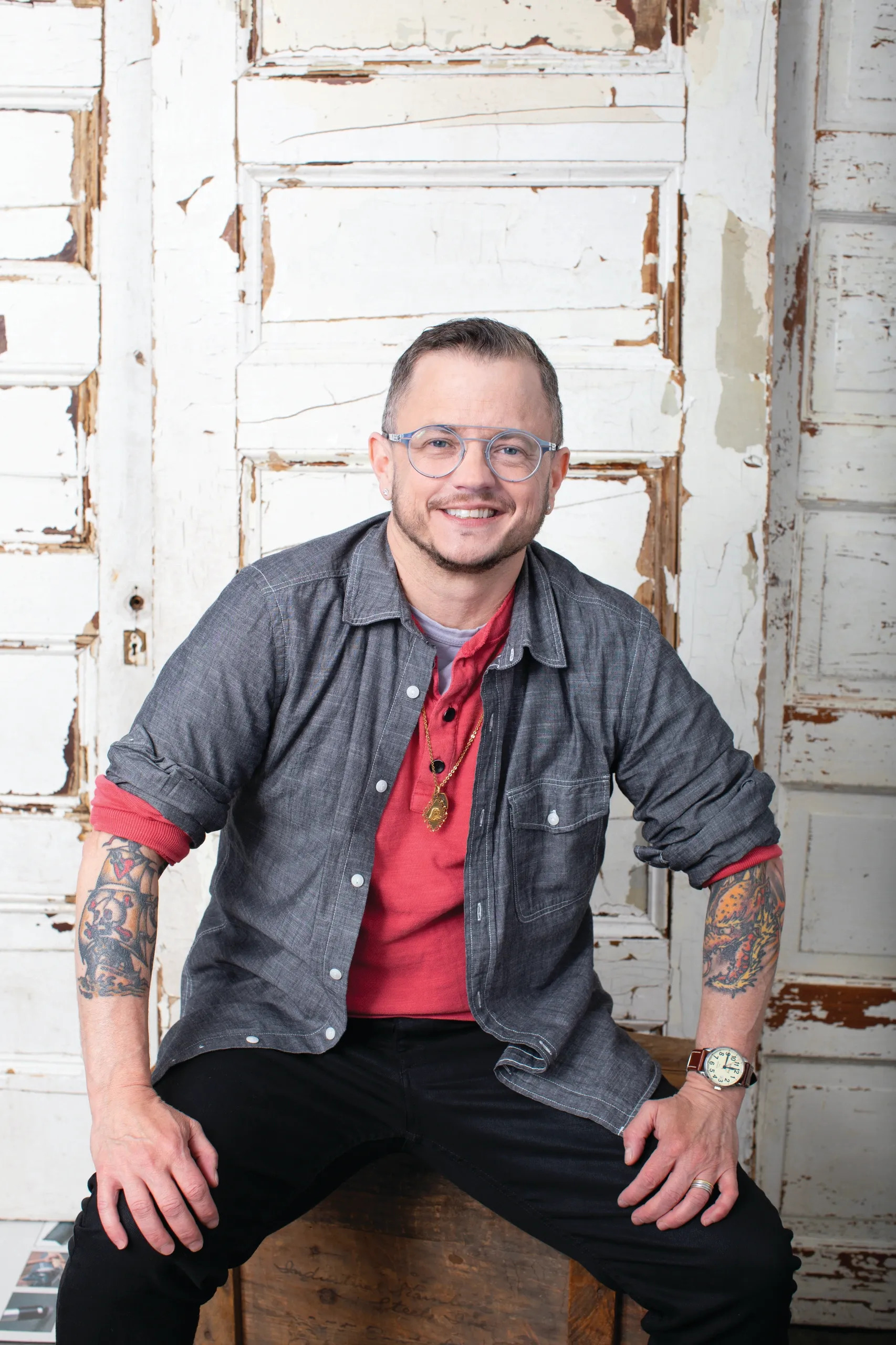Gender & women’s studies event remotely brings trans authors to campus
P. Carl joined Merideth Talusan at URI to talk about their personal experiences in public as transgender activists and what inspired their latest award-winning stories. PHOTO CREDIT: pcarl.com
The University of Rhode Island gender and women’s studies department hosted two award winning trans-rights activists to share their personal experiences and discuss the accomplishments they’ve made
Panelists P. Carl, the author of the memoir “Becoming a Man,” and Meredith Talusan, the author of the memoir “Fairest,” had a sit-down conversation in front of a live and virtual audience, praising each other on their respective work.
Talusan didn’t decide to write “Fairest” until nearly 20 years after her transition. She said that she felt inspired to write her own book after spending years writing for different news publications with a primarily cisgender audience.
“I had gotten to the point where I was tired of performing,” Talusan said. “I wanted to write a book that positions the reader, as an observer, to trans [the] experience. I wanted to write the narrative of wanting to be another gender at a time when trans people aren’t as accepted as they are now.”
Both Carl and Talusan discussed experiences where they have been recognized in public as being cisgender, and the subsequent decision of whether or not to come out to that person. Talusan explained a scenario where she was in the gym and was asked whether or not she had children.
“The woman asked whether or not I had kids, to which I said no, and she responded with ‘Oh yeah I chose not to have kids to raise either,’ and it was this wonderful feeling of remembering that, even if I was born cisgender, I could’ve decided whether or not to have kids,” Talusan said.
Carl said that he never knows how much privacy he has as a transgender man in public, knowing that with a quick Google search of his name, somebody could figure out that he is transgender.
“Sometimes I’m living as a man, sometimes I’m in a place like this where everybody knows I’m trans and sometimes I’m somewhere where people have no idea,” Carl said. “It’s strange to navigate public when people know you’re trans because they treat you differently.”
Carl said that he has a “parallel conscience,” one where he sees the benefits and one where he sees the toxicity of being a white male.
“I tend to use my masculinity in the classroom when connecting with white male students, because I do enjoy masculinity, so I don’t think that masculinity is toxic in-and-of-itself,” Carl said. “And I also think that masculinity is toxic, so two things can be true at the same time.”
Carl continued by saying that he tries to be aware of when he is using his privilege as a white male, making sure that he is not using it in a harmful way.
Opposingly, Talusan said that she is more aware of the way that males act in public now after her transition. She recalled a story where she was on a train, and the man in front of her was talking loudly on the phone.
“And I sat there and thought to myself, you know, ‘did I do that?’” Talusan said. “Noticing something that I did that I was completely oblivious to at the time, and possibly did, not the exact same thing, but something similar, is just interesting.”
Carl and Talusan both said that they decided to write their books to be an inspiration to other young transgender individuals, and also to bring a perspective of being transgender to cisgender individuals as well.
“I think that the way a person becomes the person they are is that they engage in a world where they see themselves reflected back in various ways,” Carl said. “I want to be an inspiration to young people, specifically my students, who are able to see a 50-something-year-old transgender man with a career and a family and a life, and are able to see that they can do the same thing.”





